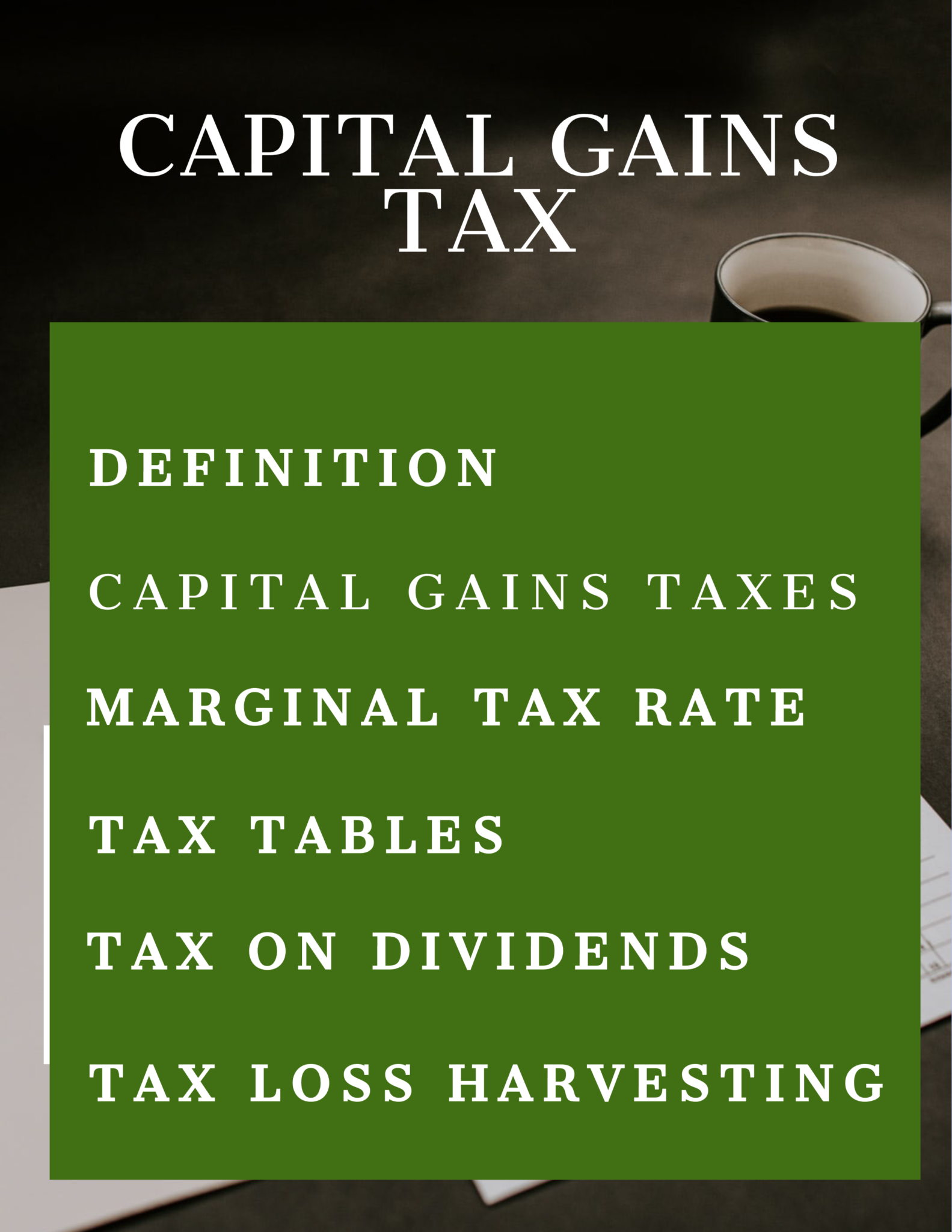Capital Gains On Inherited Money

What are Capital Gains on Inherited Money?
Capital gains on inherited money refer to any kind of profit made from selling or disposing of a family member's or loved one's property after their death. When a person dies, their estate is often divided and distributed among their heirs. This can include real estate, stocks, mutual funds, bonds, and other investments. Selling any of these items may result in a capital gain – the difference between the original purchase price and the sale price. Depending on the value of the item, the capital gain may be subject to capital gains tax.
Who is Responsible for Paying Capital Gains Tax?
Generally speaking, the person responsible for paying capital gains tax on inherited money is the person who inherited the money. However, in some cases, the estate may be responsible for paying the tax. If the estate is responsible, then the executor of the estate is tasked with handling the payment of the tax. The executor must also determine if the estate is large enough to require estate tax payments.
When Do You Have to Pay Capital Gains Tax on Inherited Money?
You generally have to pay capital gains tax on inherited money when you dispose of the asset or property. This means that if you sell the asset, you may have to pay capital gains tax. You may also have to pay capital gains tax if you transfer the asset to another party, such as gifting it or transferring it to another person or entity. It's important to note that you may have to pay capital gains tax on the entire sale amount, not just the profit.
How Much Do You Have to Pay in Capital Gains Tax?
The amount of capital gains tax you have to pay will depend on several factors, such as the type of asset or property you inherit, the original purchase price, and the sale price of the item. Generally speaking, capital gains tax is calculated as follows: the total sale price of the asset or property minus the original purchase price equals the capital gain. The capital gain is then taxed at the applicable rate, which ranges from 0-20%, depending on the type of asset or property.
Are There Any Exceptions to Paying Capital Gains Tax?
Yes, there are some exceptions to paying capital gains tax. For example, if you inherit a piece of property and then use it as your primary residence for at least two of the five years before the sale, you may be eligible for the “Primary Residence Exclusion”. This exclusion allows you to exclude up to $250,000 of the capital gain from the sale of your primary residence. Additionally, if you inherit a piece of property and then transfer it to a spouse or another qualified heir, you may be able to avoid paying capital gains tax altogether. This is known as the “Inheritance Exclusion”.
Conclusion
Capital gains on inherited money can be a complex and confusing topic. It’s important to understand the applicable rules and regulations when it comes to inheriting property and assets, as well as the applicable tax laws. If you’re unsure about any aspect of capital gains tax on inherited money, it’s wise to consult a qualified tax professional to ensure you’re in compliance with the law.